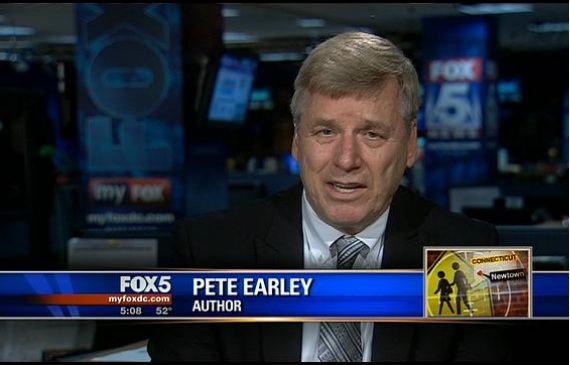
I’m still getting calls from the media about the stabbing last week of Virginia state senator Creigh Deeds by his son, Gus, who later committed suicide. The emphasis has changed from outrage about a shortage of treatment beds to questions about family violence. Talking about violence always gets tricky. No one wants to increase stigma so I’m careful to point out that individuals with mental disorders are more likely to be victims than perpetrators.
Still, violence inside families is a reality. A poll of National Alliance on Mental Illness family members found that 39% had been threatened by an ill family member or had their property destroyed. A similar poll of NAMI members in Massachusetts found that 50% of families had to cope with violent behavior. In 80 percent of cases where someone became violent, it was the parent who was the victim.
I was happy to hear over the weekend an interview on National Public Radio’s Weekend Edition with Gary Mihelish about his adult son who lives with a schizophrenia. I first met Gary when he invited me to speak in Helena at a NAMI convention. It was one of my first speeches and Gary was kind enough to treat me during my visit to a historical tour followed by a buffalo steak! Gary did a fantastic job in the NPR interview, not sensationalizing violence but discussing it candidly and also talking about his son’s recovery. It is easy to understand why Gary was awarded NAMI’s highest honor for his years of service locally in Montana and also nationally by serving on the NAMI board.
Dr. Gary Mihelish’s Acceptance Speech At NAMI Convention
I also received an email after my USA Today Op Ed piece was published about our nation’s lack of beds. Mark Gale, a fellow father and Co-Coordinator of the California Treatment Advocacy Coalition and a former Board Member of NAMI California, wrote:
The acute care capacity shortage in our country is the silent crisis that no one wants to talk about. It feeds criminalization, but has become politically incorrect to discuss. When one advocates for “more beds,” it is misinterpreted as a call for increased institutionalization rather than the inability to access acute inpatient care. What it is, in truth, is an “access to care” issue and a family cannot access what does not exist or through doors slammed shut by the law itself. Your call, and I thank you so much for shining a light on this subject, is not a call for “re-institutionalization,” but rather a call for the end to the “de-hospitalization” of America and the re-building of acute care capacity to no less than the minimum levels acceptable for each of our communities.
I still will be doing a few news interviews this week, mostly with NPR radio stations. The Washington Post, meanwhile, has reported that former Senator Deeds has been discharged from the hospital. This is a horrible time for him but I hope sometime in the future he will use his considerable political clout to call for changes in our state’s mental health delivery system. I can’t think of a better tribute to his son than to know that this family tragedy, which didn’t have to happen, will not be repeated.



